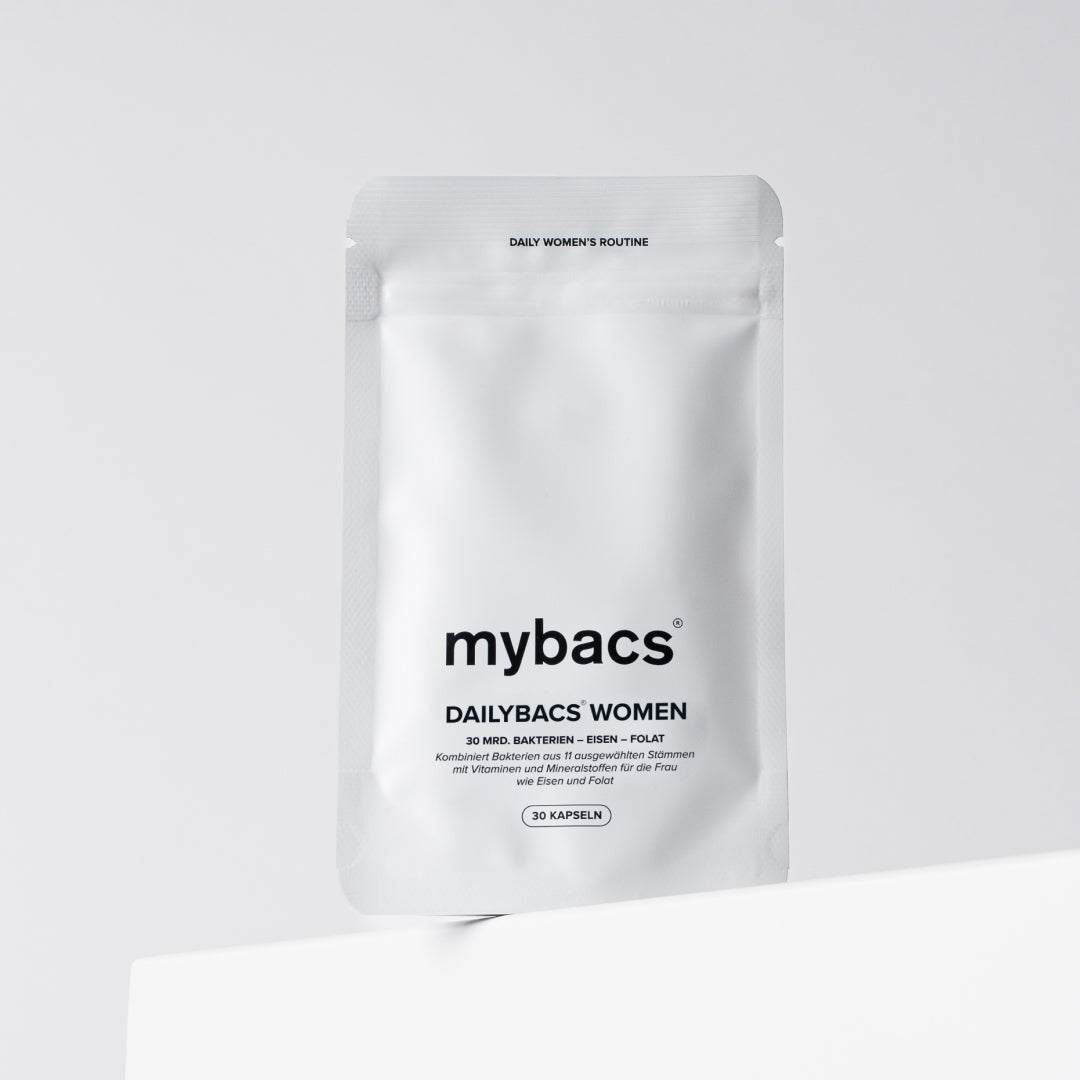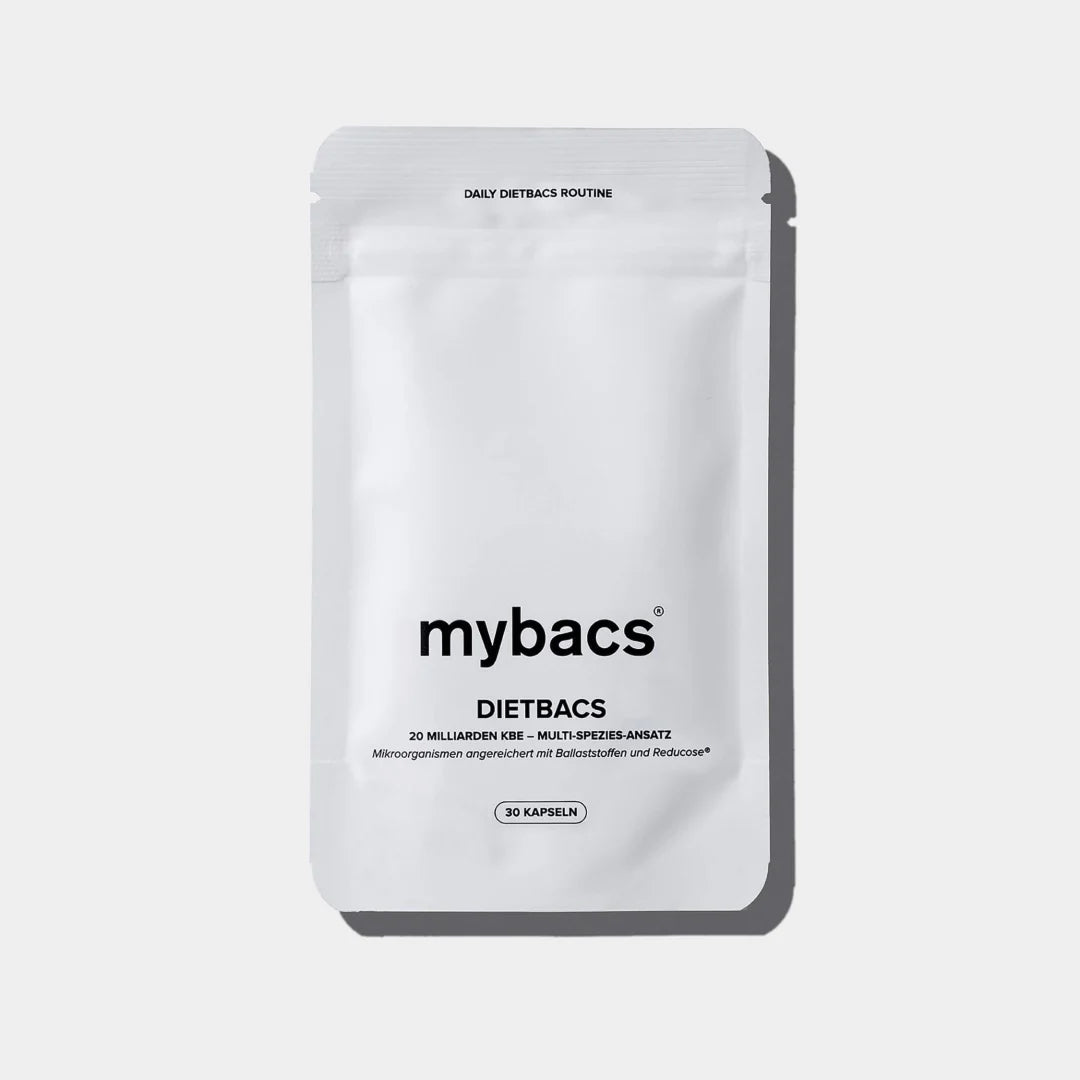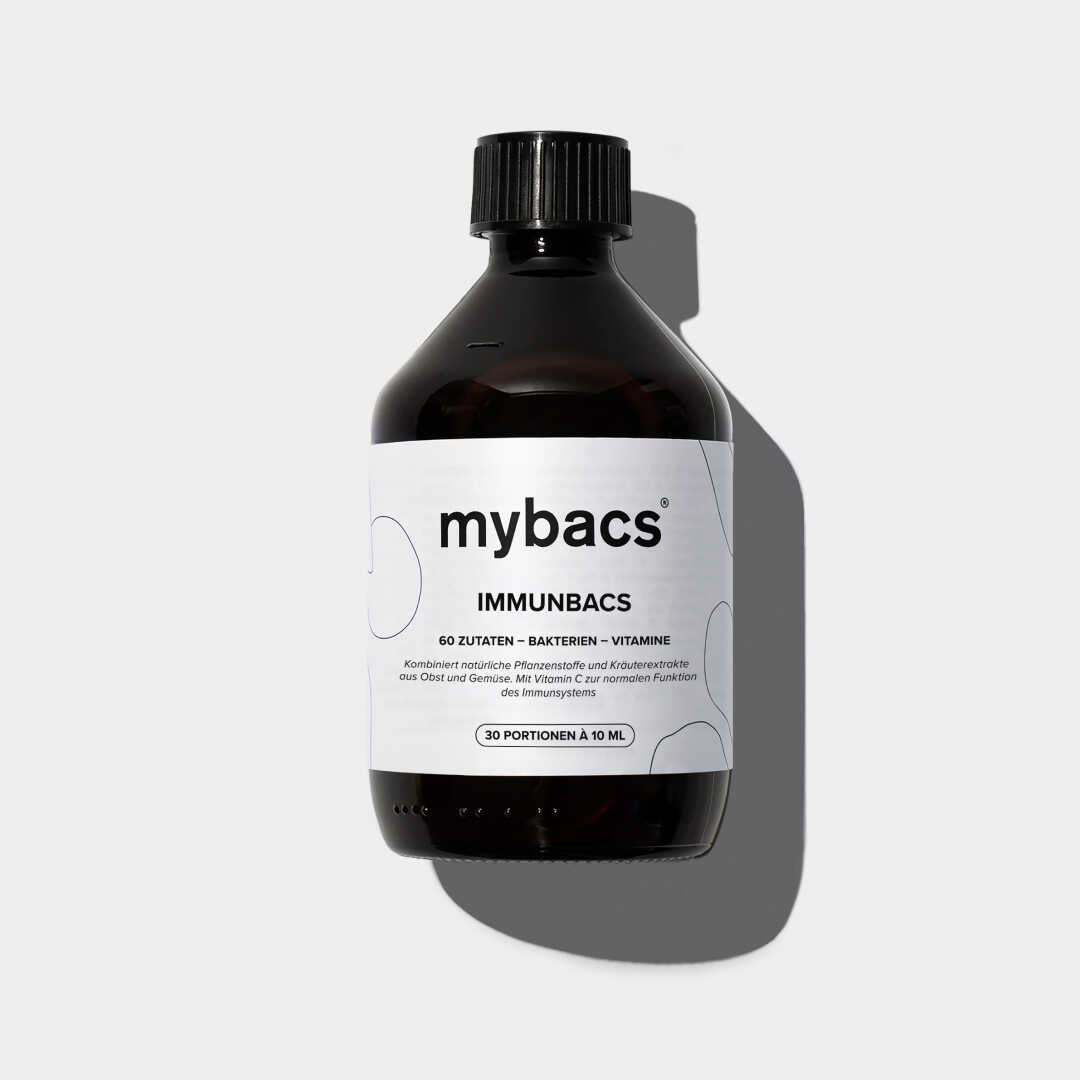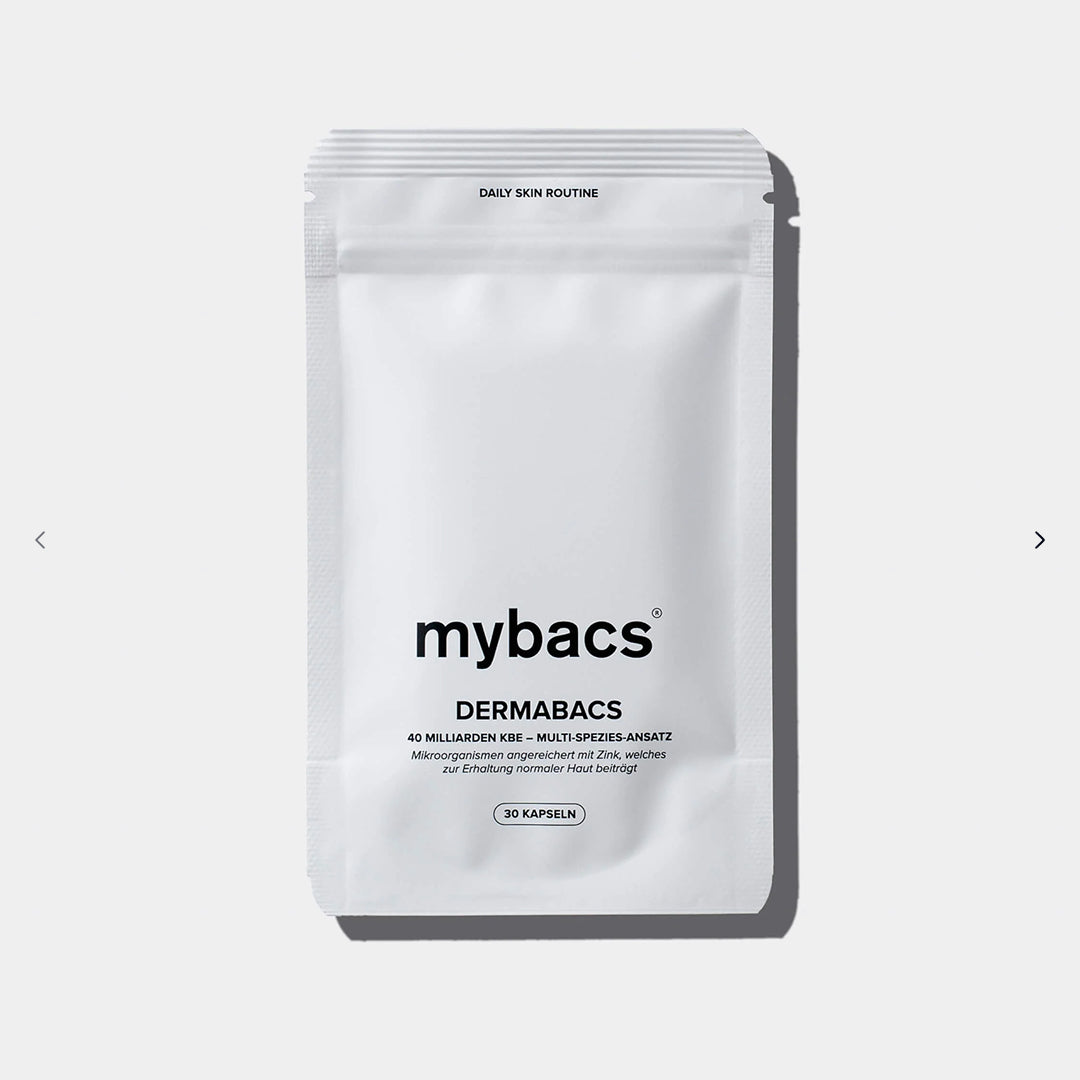Key Takeaways
- Individual tolerance of ingredients: The quality and basis of protein and creatine supplements significantly influence the effectiveness and tolerability of the shakes.
- Side effects due to incorrect dosage: Excessive consumption of protein or creatine can cause bloating, fullness, and digestive problems, especially during creatine loading phases.
- Importance of intestinal health: A balanced intestinal flora and functioning enzymes are essential for the optimal processing of shakes and for avoiding side effects.
- Probiotics as a solution: Probiotics promote the balance of the intestinal microbiota and can significantly improve the tolerability of protein and creatine shakes.
- Sport and exercise as support: Regular physical activity not only promotes muscle building, but also helps to better process nutrients and minimize digestive problems.
Protein and creatine shakes are part of everyday life for many sports and fitness enthusiasts. They promise increased performance, faster recovery, and visible results. However, not everyone who reaches for these popular powders is spared from side effects. Bloating, bloating, and digestive problems are common side effects – and raise questions: Is it due to the ingredients? Is it due to the way our body processes them? Or is a key component of the digestive process missing?
In this article, we'll delve deeper into what exactly is in the shakes, how they affect the body, and why the gut plays a key role. You'll also learn how probiotics can help improve tolerance and gain practical tips to avoid unpleasant side effects.
The ingredients of protein and creatine shakes
Protein and creatine shakes are designed to provide targeted support to the body, but their composition varies greatly. These differences influence both their effectiveness and individual tolerance.
- Protein sources: Commonly used proteins include whey protein, casein, and plant-based alternatives such as pea or rice protein. Whey protein isolates are characterized by low lactose content and rapid digestibility, while plant-based proteins are absorbed more slowly but are suitable for people with sensitivities to animal products.
- Creatine: Creatine monohydrate is considered well-researched and effective. Alternatives such as creatine ethyl ester show less consistent benefits. However, additives such as thickeners, flavorings, and sugar alcohols can impair digestion and cause bloating.
What you eat has a direct impact on your body – but how exactly do your metabolism and digestive tract to these ingredients?
How do shakes affect the body?
The effects of protein and creatine shakes are diverse and depend on their ingredients. Protein shakes support muscle building, promote post-workout recovery, and provide a longer feeling of satiety—a benefit when weight control or muscle growth is the focus. Creatine, on the other hand, enhances performance, increases energy production in the muscles, and promotes strength gains.
However, not all positive effects come without side effects. An excess of protein can lead to undigested protein reaching the large intestine. There, it is intestinal bacteria decomposed, which can cause bloating and digestive problems.The absorption of creatine can also be problematic if the dosage is incorrect: especially during a Charging phase When taking creatine – that is, a short-term increase in intake – many people complain of bloating, water retention, and occasionally constipation. A loading phase is defined as taking approximately 20-25 grams of creatine daily for 5-7 days.
The tolerance of these shakes depends heavily on individual digestion and intestinal health.
The intestine as the key to tolerance
The intestine plays a central role in the processing of protein and creatine shakes. A functioning digestion requires the interaction of various enzymes that break down proteins into smaller building blocks. However, if the intestinal flora is out of balance, undigested proteins and other food components can end up in the large intestine, where they are bacteria fermented. This often leads to bloating, abdominal pain, and a general feeling of discomfort.
Creatine can also cause Disturbance of the intestinal microbiome Some people report digestive problems or even constipation when taking creatine. Individual tolerance and dosage play a crucial role here.
But there's good news: The gut can be actively supported to process shakes better. Probiotics offer an effective approach to strengthening gut health and reducing digestive problems.
Probiotics: Support for the intestines
Probiotics are live microorganisms that support the gut microbiome and promote healthy digestion. Regular consumption of protein or creatine shakes can cause digestive problems in some people. Probiotics can help alleviate these symptoms and support gut health.
Scientific studies show that probiotics can facilitate protein digestion by promoting the balance of the gut microbiota. Especially with plant-based protein sources, probiotics also have anti-inflammatory effects and support healthy digestion. Probiotics can also help minimize side effects such as bloating when taking creatine by stabilizing the gut flora and harmonizing digestive processes. mybacs® offers a selection of high-quality probiotics to support the gut microbiome and digestion.
Tips to reduce bloating and digestive problems
The following measures can be helpful for better tolerance of protein and creatine shakes:
- Choose easily digestible proteins: Whey isolate or plant-based alternatives such as pea protein are particularly well tolerated.
- Increase quantities gradually: Smaller doses help the body adapt.
- Avoid creatine loading phases: Continuous intake of 3–5 g daily is usually better tolerated.
- Integrate fiber: These promote intestinal health and support protein digestion.
- Drink enough water: Fluid prevents the accumulation of indigestible nutrients.
- Use probiotics: Whether as a supplement or in foods such as yogurt – they stabilize the intestinal flora.
- Sports and exercise: Regular exercise and targeted training help the body to process nutrients better and optimize the absorption of protein and creatine.
For a strong body and a relaxed intestine
Protein and creatine shakes can be valuable tools for achieving fitness goals, but they don't work in isolation. The digestive system plays a crucial role in how well the body can absorb and process nutrients.
With a healthy gut flora, supported by probiotics, bloating and digestive problems can be reduced while maximizing the benefits of the shakes. Regular exercise and targeted training also help promote digestion and improve the absorption of protein and creatine. Individual needs should always be taken into account.
If symptoms persist, it is advisable to consult a nutritionist or medical professional to clarify possible intolerances and find long-term solutions.





